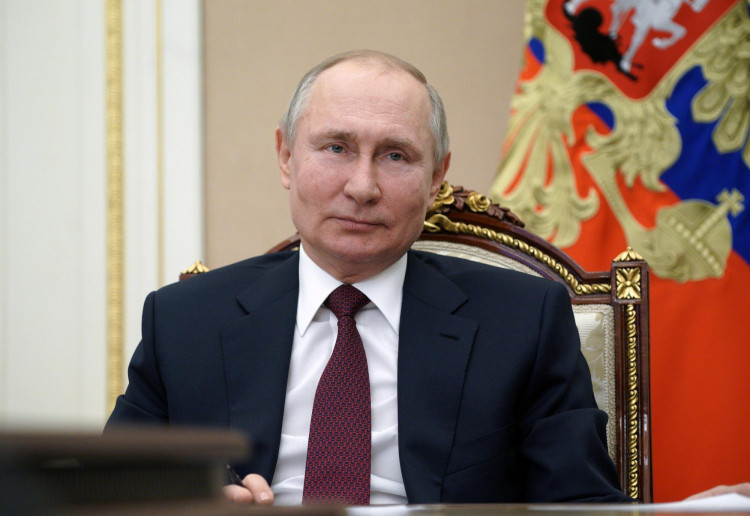Russian President Vladimir Putin has nominated Andrei Belousov, a 65-year-old civilian economist and former deputy prime minister, as the country's new defense minister. The decision comes more than two years into the ongoing conflict in Ukraine, which has cost both sides heavy casualties and prompted Putin to attempt to better utilize the defense budget and foster greater innovation to secure victory.
The proposed changes, which are expected to be approved by parliamentarians, will see long-time Putin ally Sergei Shoigu, who has been in charge of defense since 2012, become the secretary of Russia's powerful Security Council. Shoigu will replace incumbent Nikolai Patrushev and also take on responsibilities for the military-industrial complex, according to the Kremlin. Patrushev will be assigned a new, as yet unannounced, role.
Kremlin spokesman Dmitry Peskov explained that the change made sense because Russia was approaching a situation similar to that of the Soviet Union in the mid-1980s, when military and law enforcement spending accounted for 7.4% of gross domestic product (GDP). Peskov emphasized the importance of aligning such spending with the country's overall economy, which is why Putin now wants a civilian economist in the defense ministry position.
"The one who is more open to innovations is the one who will be victorious on the battlefield," Peskov stated, highlighting the importance of adaptability and new ideas in the ongoing conflict.
Belousov, a former economy minister known to be close to Putin, shares the Russian leader's vision of rebuilding a strong state and has worked with Putin's top technocrats who prioritize innovation and fresh perspectives. He has also played a significant role in overseeing Russia's drone program.
The shake-up, which caught the elite off-guard, suggests that Putin is doubling down on the Ukraine war and aims to harness more of Russia's economy to support the war effort. This comes after the West sought, but so far failed, to cripple the Russian economy with sanctions.
Despite the toughest sanctions ever imposed on a major economy, Russia's economists have largely managed to ensure economic stability and growth. However, the failings of the Russian military were laid bare shortly after the invasion began.
Alexander Baunov, a former Russian diplomat who is now a senior fellow at the Carnegie Russia Eurasia Center, commented on the appointment, saying, "The proposal to appoint one of the main court economists and the main state minister in the economic bloc to head the Defence Ministry may mean that Putin is planning to win the war with the defence industry plants and international markets."
Baunov added, "The winning strategy in this case will not be mobilisations and breakthroughs, but slow pressure on Ukraine with the superior power of the Russian military-industrial complex and the economy as a whole, which, apparently, is supposed to be made to work more effectively for the front and rear."
While unexpected, Putin's move preserves the balance at the top of the complex system of personal loyalties that make up the current political system. Shoigu's new role as secretary of the Security Council is technically regarded as senior to his defense ministry position, ensuring continuity and saving face. Valery Gerasimov, the chief of Russia's General Staff, who has a more hands-on role in directing the war, will remain in his post.
Mark Galeotti, director of the London-based Mayak Intelligence consultancy, noted that the defense minister's job in Russia during wartime is to ensure the military has everything it needs, while Gerasimov's role is the "key one" as he now reports directly to Putin, the commander-in-chief.
"In that context, having an economist, someone who has been speaking about the need to basically subordinate much of the economy to the needs of the defence sector, makes a certain amount of sense. It is now essentially a financial administrator's job and Belousov can do that," Galeotti explained.
The change is also likely to be seen as an attempt by Putin to subject defense spending to greater scrutiny, ensuring funds are effectively spent after a Shoigu ally and deputy defense minister, Timur Ivanov, was accused by state prosecutors of taking kickbacks worth nearly $11 million.




